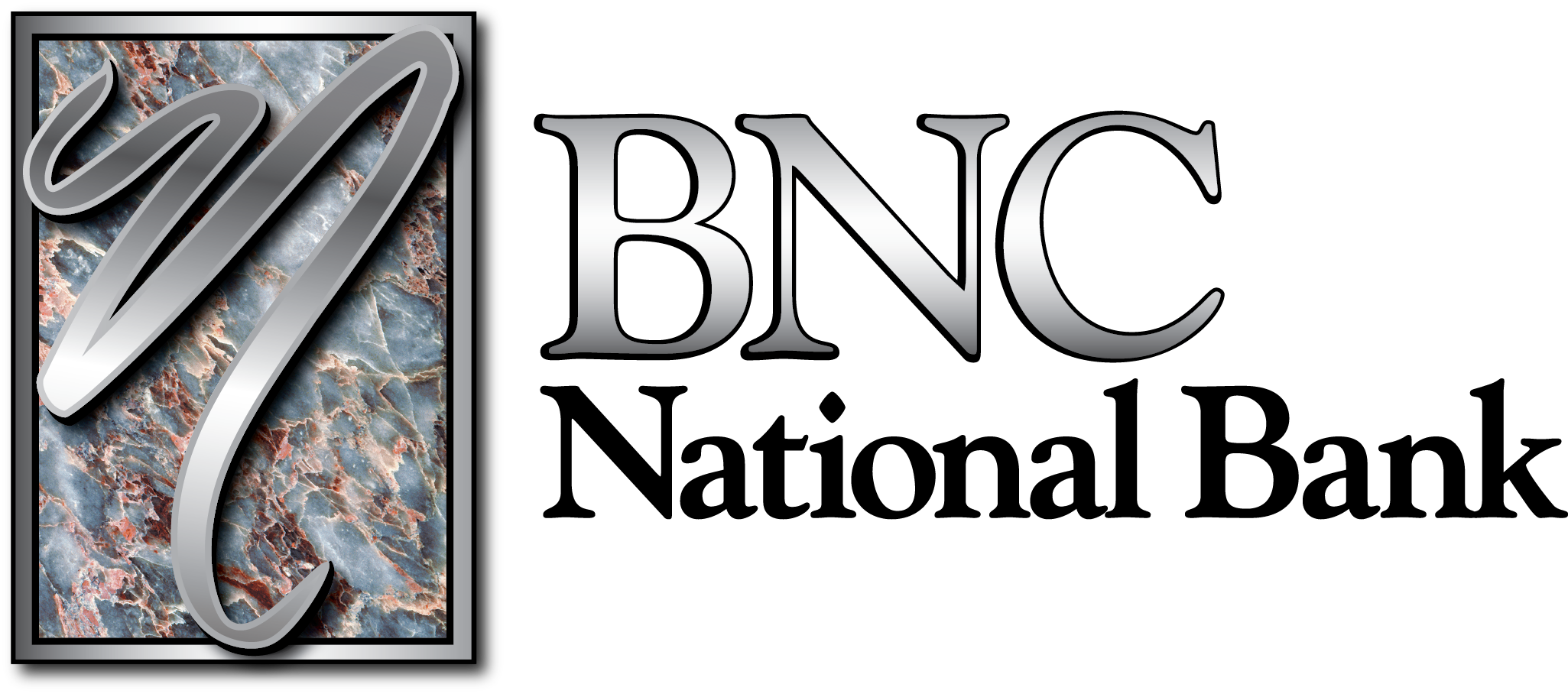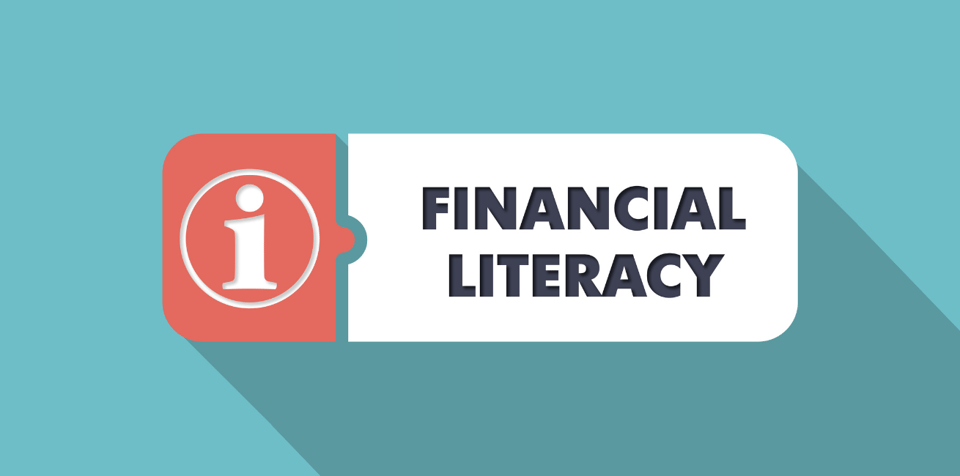Navigating your finances well requires a few things—including clear goals, helpful financial literacy resources, and a knowledgeable guide like your community bank.
However, we think it’s helpful to go a step deeper.
As your trusted community bank, we're here to help you set up and work with financial systems that truly work for you.
Here, we'll share practical tips to help you align your finances with your life goals and ensure every dollar you spend or save is a step toward your personal vision of success.
Step One: Naming and Understanding Your Financial Values and Goals
Let’s start by figuring out what you want to accomplish with your finances.
The Foundation of Financial Planning
You need to set goals that resonate with your values.
So, start there: What are your values?
This doesn’t have to be a huge philosophical question. Think about what you’d do right now if money weren’t an object. Would you invest in your home? Would you plan a vacation for your extended family? Would you max out your retirement savings? Would you build a solid emergency fund and revel in your financial stability?
Now, add financial boundaries back into the picture. Which of those projects remain priorities?
Recognizing what truly matters to you transforms financial planning from a mundane task into a fulfilling journey toward the life you desire. Taking the time to figure out what’s important to you may not seem like a hard-hitting budgeting tactic, but doing so can make it much easier to keep saving, month in and month out.
Setting Your Financial Milestones
Figured out what your personal financial goals are?
Now, it’s time to draw yourself an achievable, attainable roadmap. Start by looking at your values—the ones you landed on earlier—and determine clear, specific objectives to focus on. These can change over time, of course, but making a decision now can make saving feel more real (and more doable).
For example, if you decided that unforgettable vacations with family were a priority, do some research and come up with a specific vacation and investment to save for. Want to buy a house someday? Come up with a concrete down payment to work toward.
Then, set a timeframe. In how many weeks (or months, or years) would you like to hit your savings goal?
Break your goal into manageable steps. Deciding to save $50,000 for a down payment can feel unimaginably impossible—but working toward $5,000 ten times over may seem a bit easier.
Regularly review and adjust your goals. As you start saving, keep in mind that your goals may shift over time. That’s okay! If you need to re-review your financial priorities, do so, and change your budgeting and saving plans as needed.
Crafting a Budget That Reflects Your Goals
A well-crafted budget doesn't just track where your money goes; it aligns your spending and saving habits with your long-term aspirations.
To do that, your budget must clearly reflect your longer-term goals while being realistic about your shorter-term needs.
That can sound like a lot to balance, but with a thoughtful budget, you’ll be well on your way. Here’s what we’d recommend doing to create such a budget:
-
List out your income and your necessary expenses: your rent, your utilities, your standard grocery bill, and so forth.
-
With whatever’s left, figure out how much you can afford to set aside for your pre-determined financial goals. (Remember to leave some money for incidental expenses and your rainy day fund, too.)
-
Finally, build in flexibility. Life has a way of making the most perfectly planned budgets seem unfeasible very quickly. Try to hedge against that by building buffers into your budget if possible.
Adjusting Your Financial Plan
Need to adjust your financial plan?
You’re in good company. This happens to everyone. Some examples of shifts your plan may need to be able to weather include:
-
Deciding that you need to increase your savings contributions.
-
Realizing that you need to cut unnecessary expenses.
-
Determining that it’s time to move funds between investment or savings accounts.
-
Adjusting your finances to accommodate life changes, such as a new job or a growing family.
If these changes need to happen, that’s okay! Just know that it’s better to be proactive and plan these adjustments rather than letting these shifts happen without being aware of them.
We’ve saved the best for last.
It’s psychologically important to celebrate whenever you achieve a financial milestone, even if it’s a relatively small one.
Here’s the thing, though: Celebrate milestones in ways that don't compromise your financial plan. This could be a modest dinner out for paying off a credit card, or a small, meaningful purchase for reaching a savings goal. These celebrations reinforce positive financial behaviors and keep you focused and motivated on your financial journey.
One Last Pro Tip: Leverage Your Community Bank's Expertise to Reach Your Goals
As you chart your financial future, don't forget to tap into the wealth of expertise, services, safety features, and resources at your local community bank. At BNC National Bank, we offer a suite of services and financial products designed to align seamlessly with your unique goals.
Ready to get started with your personal financial roadmap to success? Reach out to BNC National Bank and start crafting a plan that turns your financial dreams into reality.






